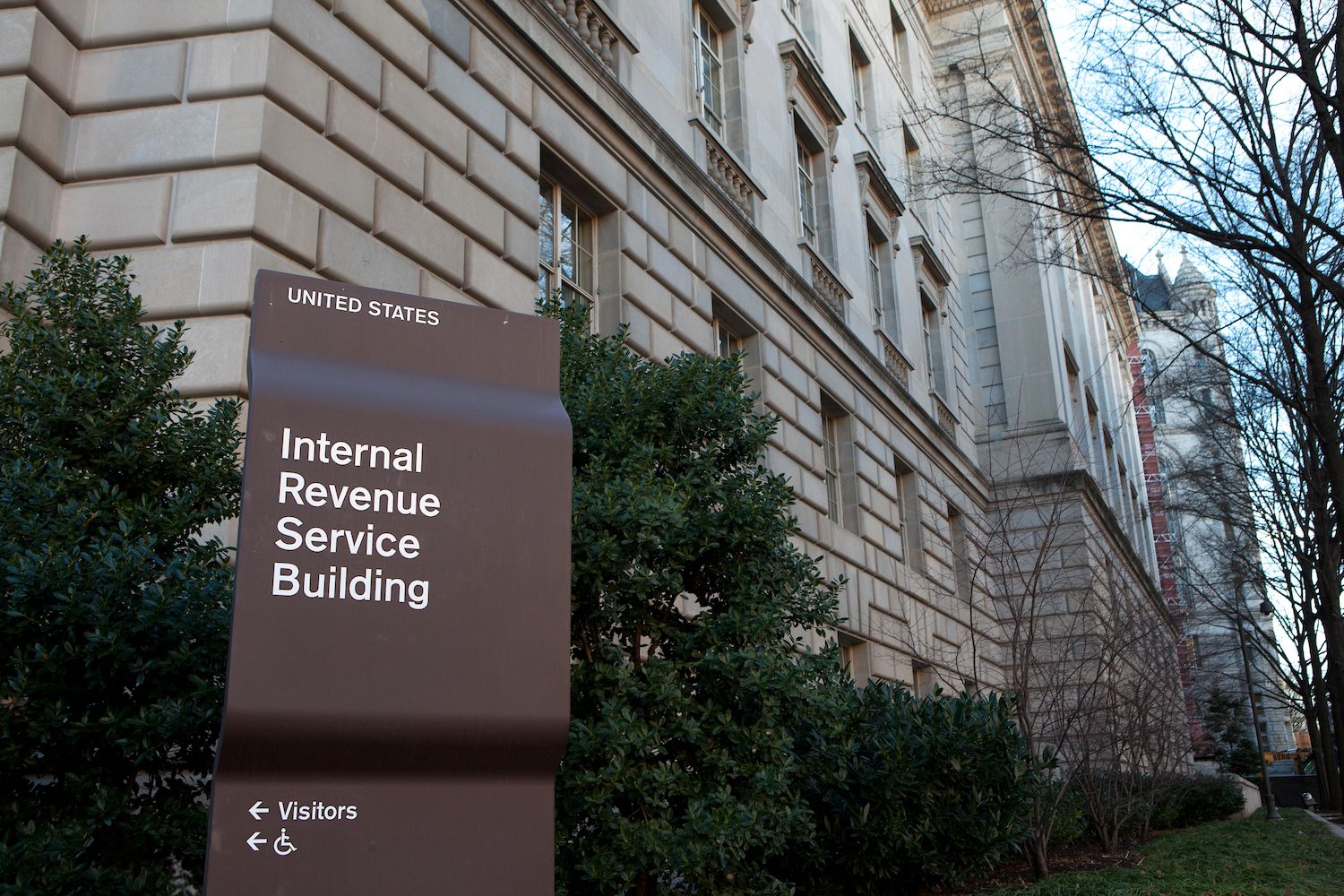
How the IRS Approach Can Inform SEC Regulations for Cryptocurrency
This article explores how the SEC can benefit from the IRS's methods in regulating cryptocurrencies, suggesting reforms for a more effective oversight structure.
In February, the Department of Government Efficiency (DOGE) began seeking public feedback regarding the U.S. Securities and Exchange Commission (SEC), hinting that reform may soon be underway.
Since that time, the SEC has adopted a less confrontational approach to the cryptocurrency sector, influenced by President Trump. This shift is highlighted by the hiring of pro-crypto individuals and the discontinuation of several lawsuits against crypto firms. The DOGE initiative indicates a potential for further reforms and reflects increasing pressure on the SEC to reconsider its stance on digital assets.
In response to the public input initiative, Paul Grewal, Chief Legal Officer at Coinbase, suggested a policy that mandates the SEC to cover legal fees for companies that prevail in countering enforcement actions. His proposal underscores his concern, yet the influence of DOGE on cryptocurrency legislation may extend further.
As Joel Khalili noted in Wired, the SEC’s recent drop in litigation could signal the agency’s willingness to collaborate with the industry to create a coherent framework for regulating crypto transactions and products.
Today, the absence of proactive guidance from the SEC hampers businesses in developing long-term compliance strategies, with enforcement actions often occurring years after market entry, leaving firms and investors vulnerable to unexpected legal issues. This dynamic is expected to change.
Emphasizing Compliance Over Enforcement
Relying predominantly on enforcement has compelled firms like Coinbase, Ripple, and Celsius to incur substantial legal costs for clarity in regulatory standing. In one notable case against Debt Box, the SEC acknowledged errors in its statements, resulting in a court order for the SEC to pay the company’s legal fees — a precursor to Coinbase’s earlier recommendation.
Going ahead, it is anticipated that regulatory bodies including the SEC will encounter greater demands to align with the U.S. Treasury’s methodologies that prioritize clear compliance routes rather than reactive enforcement. The Treasury’s digital asset guidelines are more structured and highlight critical elements like tax obligations and anti-money laundering measures. Establishing uniform definitions for securities within the crypto landscape is essential for firms to shape their products appropriately.
Finding the Right Balance
Alongside learning from the Treasury, the SEC could take cues from the IRS. A safe harbor provision for startups could stimulate innovation while ensuring long-term compliance, similar to ideas previously proposed by SEC Commissioner Hester Peirce. The IRS already adopted such a method, providing transitional relief for crypto taxpayers in January 2025.
Historically, the IRS has successfully relied on voluntary disclosure mechanisms to ensure taxpayer compliance rather than resorting to punitive measures from the outset. A comparable strategy should also be utilized in cryptocurrency regulation.
Some may believe that regulations stifle innovation; however, clearly established guidelines can attract more cautious stakeholders to the space, facilitating growth. A light regulatory approach necessitates thorough backend enforcement and can avoid unnecessary friction between regulators and businesses.
Lastly, improved collaboration among the SEC, Treasury, and IRS could avert regulatory conflicts and simplify compliance responsibilities for those involved in digital assets.
The Treasury’s digital asset directives already lay a solid groundwork for this type of inter-agency cooperation. The ongoing regulatory ambiguity and the SEC’s historically reactive enforcement style inhibits progress, while a more clear and coordinated regulatory framework would be beneficial for the whole ecosystem.
Conclusion
With the DOGE’s call for public input, the new administration’s commitment to reforming digital asset legislation, and Coinbase’s proposals, the groundwork is being laid for more predictable regulatory oversight. Although we are at the initial stages under this new governance, substantial changes are unfolding at a rapid pace. The implications of DOGE’s recommendations on SEC practices will surely influence outcomes, particularly as public discussions strengthen the case for improved guidelines rather than enforcement-driven regulations.
It is also notable that DOGE’s initiatives for the SEC will likely extend beyond cryptocurrency, just as regulatory efforts for the industry transcend the commission’s boundaries. Ultimately, it would be advantageous for this administration, in tandem with Congress, to establish a legislative framework defining what constitutes a commodity, security, and digital asset in clear terms, allowing both enterprises and individual taxpayers to navigate the landscape effectively. For now, the SEC should embrace a strategy that encourages growth while safeguarding investor interests.


